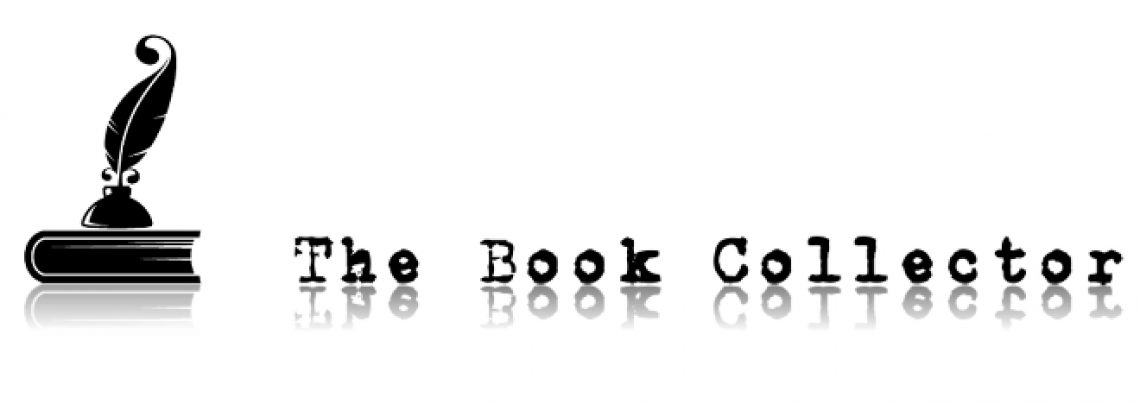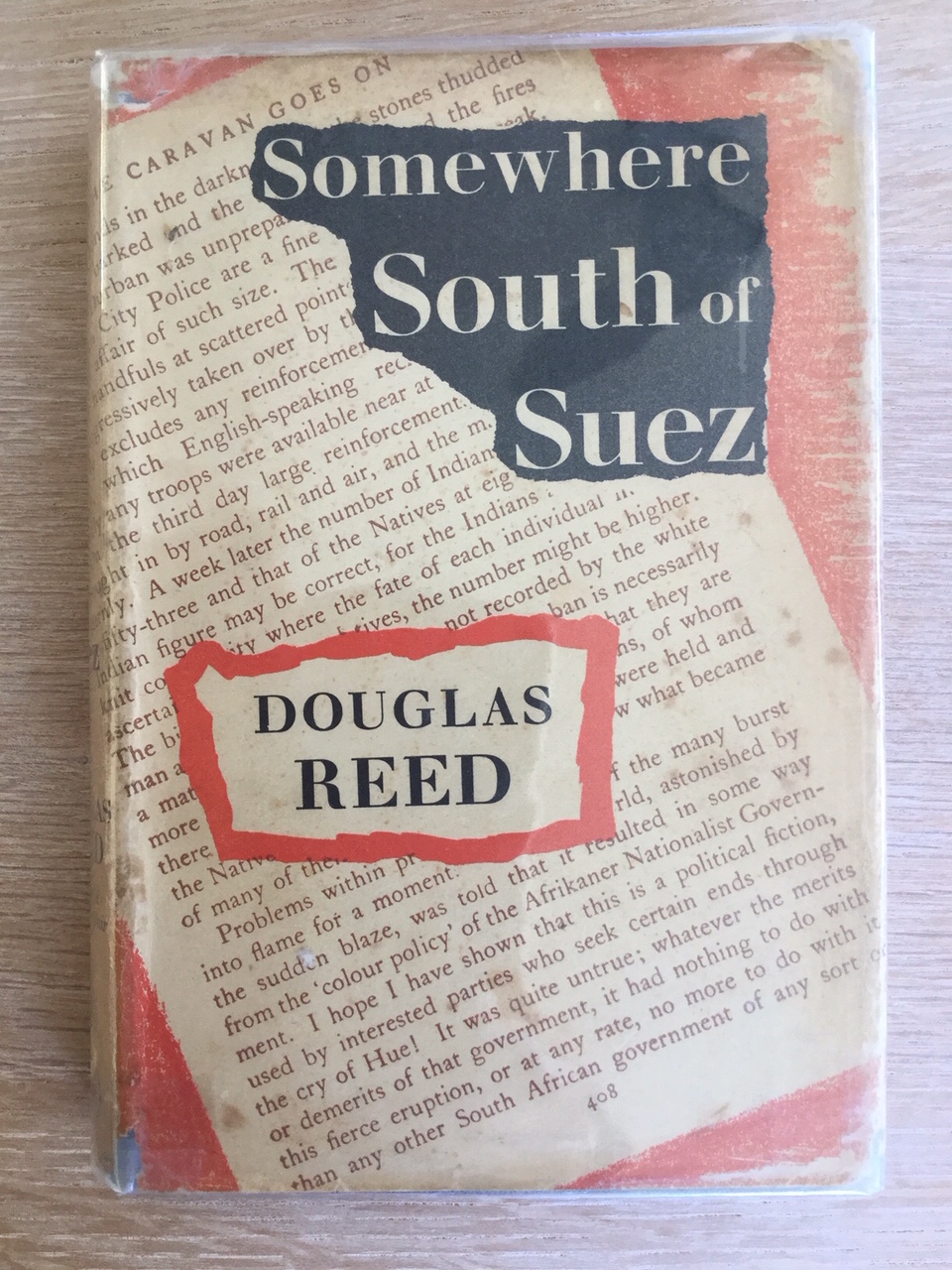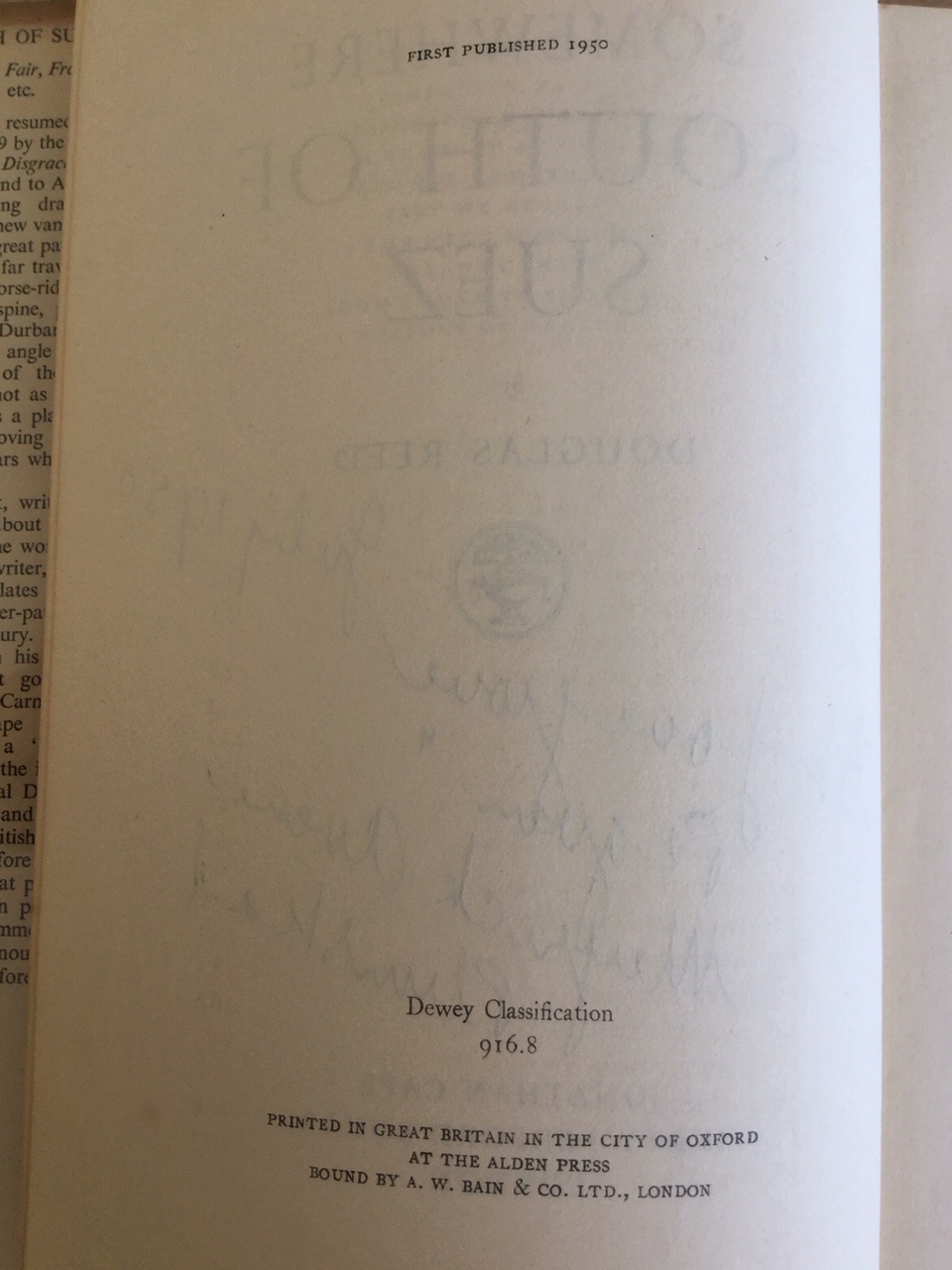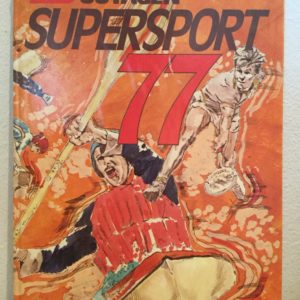R350.00
Price: R350.00
Edition: First eidion
Published: 1950
Publishers: Jonathan Cape
Condition: Hardcover in good condition with minor shelf wear around the edges of the cover. Dust jacket has scuff marks and small tears around the edges – covered in a protective plastic sleeve. Foxing and a previous owner’s details on the end-papers and title-page. Internally in very good condition – clean and tightly bound.
“Somewhere South of Suez is ostensibly a book about South Africa. In treating his nominal subject Reed exhibits his characteristic biases and confusions. Admitting the hardships of miners’ lives in Johannesburg, Reed maintains that the natives find themselves “aggrieved” only when foreign agitators tell them they are badly off. Unable to condone Premier Malan’s anti-British policy, he finds undue significance in the scantiest signs of Jewish support for Malan. And, of course, he finds traces of the world conspiracy in the unlikeliest places, even attributing to alien influences the ritual murders performed by Basuto witch-doctors: “That chiefs should lend themselves to a conspiracy to ruin chieftainship, and make the engulfment of this little country easier, need astonish none who have followed the doings of public men in the enlightened West during the last thirty years.” For Reed, it’s the same the whole world over; black is white, and white is black.
It need hardly be observed that Reed shows little concern for accuracy or consistency. Some of his obvious errors are disguised as revelations of secret truth. These misstatements include his reference to Ben Hecht as “a prominent Zionist,” his insistence on the alliance of Communism and Zionism (“two forces which have always supported each other”), and his declaration that the Stern Gang represents all of Zionism. Other faults of fact and logic are more easily answered. On one page Reed says that Smuts lost because he was considered pro-British; on another page it suits his argument to say that Smuts lost because he was considered radical. He charges that Harry Hopkins sent to the Russians “American State Department documents” which he got from General Groves, but he is, of course, unable to say how General Groves got into the State Department. He cites Stalin’s statement to Hopkins that Hitler and Goebbels were probably alive, recognizes how damaging it is to his own conjecture about Hitler’s escape, and finally implies that Stalin might not be in on the Communist world conspiracy: “His open expression of scepticism suggests that he was not privy to any preconcerted arrangement, if there was one.” Reed’s carelessness about mere facts extends even to his account of his own publications; he says that after Insanity Fair (1938), not one of his non-fiction books appeared in this country till Somewhere South of Suez. I have at hand a copy of Nemesis?, issued by Houghton Mifflin in 1940.” – Henry Popkin, August 1951.
1 in stock
Description
“Somewhere South of Suez is ostensibly a book about South Africa. In treating his nominal subject Reed exhibits his characteristic biases and confusions. Admitting the hardships of miners’ lives in Johannesburg, Reed maintains that the natives find themselves “aggrieved” only when foreign agitators tell them they are badly off. Unable to condone Premier Malan’s anti-British policy, he finds undue significance in the scantiest signs of Jewish support for Malan. And, of course, he finds traces of the world conspiracy in the unlikeliest places, even attributing to alien influences the ritual murders performed by Basuto witch-doctors: “That chiefs should lend themselves to a conspiracy to ruin chieftainship, and make the engulfment of this little country easier, need astonish none who have followed the doings of public men in the enlightened West during the last thirty years.” For Reed, it’s the same the whole world over; black is white, and white is black.
It need hardly be observed that Reed shows little concern for accuracy or consistency. Some of his obvious errors are disguised as revelations of secret truth. These misstatements include his reference to Ben Hecht as “a prominent Zionist,” his insistence on the alliance of Communism and Zionism (“two forces which have always supported each other”), and his declaration that the Stern Gang represents all of Zionism. Other faults of fact and logic are more easily answered. On one page Reed says that Smuts lost because he was considered pro-British; on another page it suits his argument to say that Smuts lost because he was considered radical. He charges that Harry Hopkins sent to the Russians “American State Department documents” which he got from General Groves, but he is, of course, unable to say how General Groves got into the State Department. He cites Stalin’s statement to Hopkins that Hitler and Goebbels were probably alive, recognizes how damaging it is to his own conjecture about Hitler’s escape, and finally implies that Stalin might not be in on the Communist world conspiracy: “His open expression of scepticism suggests that he was not privy to any preconcerted arrangement, if there was one.” Reed’s carelessness about mere facts extends even to his account of his own publications; he says that after Insanity Fair (1938), not one of his non-fiction books appeared in this country till Somewhere South of Suez. I have at hand a copy of Nemesis?, issued by Houghton Mifflin in 1940.” – Henry Popkin, August 1951.
Price: R350.00
Edition: First eidion
Published: 1950
Publishers: Jonathan Cape
Condition: Hardcover in good condition with minor shelf wear around the edges of the cover. Dust jacket has scuff marks and small tears around the edges – covered in a protective plastic sleeve. Foxing and a previous owner’s details on the end-papers and title-page. Internally in very good condition – clean and tightly bound.
Additional information
| Weight | 300 g |
|---|











